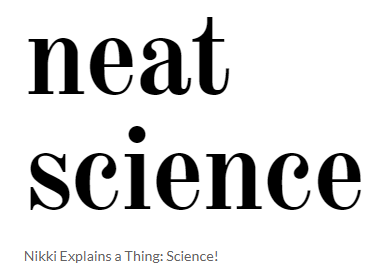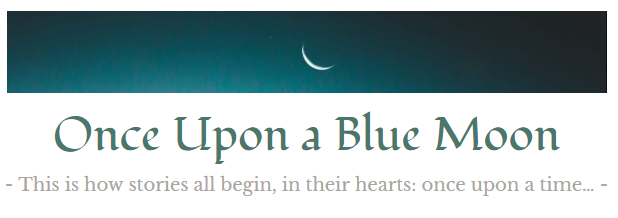I don’t often post exclusively about personal things, though I think readers here know a fair bit about me; I think it’s even more rare for me to post about politics, although I suspect you also have a fair idea of my political stance. This post is a one-off, and unlikely to be repeated, but it’s something that I felt I needed to write, and and an occasion on which I felt it necessary to use my limited platform to say the things that only I can say.
We’re often told that personal stories are what sway people, more than statistics or politicians’ speeches. I’m not sure I believe anymore that there is anyone from the other side of things listening: it’s become so polarised, so fractious, with both sides so very convinced they’re right. And of course, I’m still convinced I was in the right in voting to Remain, and I would do so again — though at the same time I recognise that there’s a reason the country is going this way, and the outright bare-faced lies of the Leave faction have appealed to a real need in people to be heard and to see certain things happen. The division in this country needs to be healed, somehow.
The problem is, the disinformation is still happening. People around me — Leave and Remain voters alike — have this strange idée fixe that Brexit isn’t going to affect them or anyone they know. Even when they know darn well that my wife is Belgian, they cling to the idea that it won’t affect me because we’re married (and thus obviously safe) or it won’t affect me because it doesn’t actually mean people like my wife (who has a job here and speaks perfect English and doesn’t look or sound different).
It does mean her as well. The fact that we’re married actually has no effect on whether she’s allowed to stay or not. Having a job, no effect. Perfect English, no effect. The fact that she didn’t get here until September 2018 is a definite black mark against her (regardless of the fact that it was due to our decision to delay the move until we were financially ready for it, so that we haven’t required any benefits, etc). People with far better claims to remain in the UK — years of paying taxes, families all born here — are being rejected for “settled status”, and despite all the government’s assurances, I remain painfully aware that we have hoops to jump through: pre-settled status, settled status, citizenship… all with associated fees and inconvenience and outright invasion of privacy.
And that’s just what we’re currently being told. Who knows what is actually going to happen. We did all the right things: I had my degree(s!) finished, I had a job, she had a job, we had savings, we didn’t do anything on a whim. And this situation punishes us for it.
I’m not saying that anyone should change their minds based on our story alone, but it’s worth remembering that I planned my life based on European free movement, a right I’m now losing, and I’m far from alone. It’s worth remembering that these same uncertainties and barriers apply to NHS nurses and doctors who were born in other EU countries, and every other kind of skilled European worker. It’s worth remembering that it doesn’t just apply to stopping the free movement of unskilled workers who don’t speak English — it stops everyone’s free movement. It’s worth remembering that the UK gains very little political power by removing itself from the EU, and loses a lot — the power of veto we used to hold, the voice we had in European issues. It’s worth remembering that if we want to trade with the EU, which we will need to do, we’re going to need to abide by their trading standards anyway, so you can put away that old canard about becoming free of the EU regulating things right down to the curvature of bananas. It’s worth remembering that with the best will in the world on both sides, they’re big, and we’re small, and we’ve forfeited our right to direct their policies.
It’s worth noticing where the big companies and the millionaires are going, even the ones who said Brexit was good for Britain.
Leavers complain about the EU taking their rights away, but Brexit itself takes away rights central to my life, and gives me nothing worth the loss. I hope understanding that will help Leavers I know understand what the problem is for me, both personally and in a wider sense. At the very least, please don’t pretend to me that I’ll be better off. You know I will not, and you’re lying to yourself and to me when you pretend that things are going to work out fine for everybody.
Nonetheless, in the words of Jo Cox — murdered not far from where I grew up for her pro-EU stance: “We are far more united and have far more in common with each other than things that divide us.” Let’s try and justify her faith in us.
Note: I’ve turned comments off on this post because I don’t really want to debate it any further right now — I’m stressed out enough about the whole situation as it is: I don’t trust myself to be the kind of level-headed voice of reason I want to be — and because this is still a blog about books primarily, not a place for political debate.


